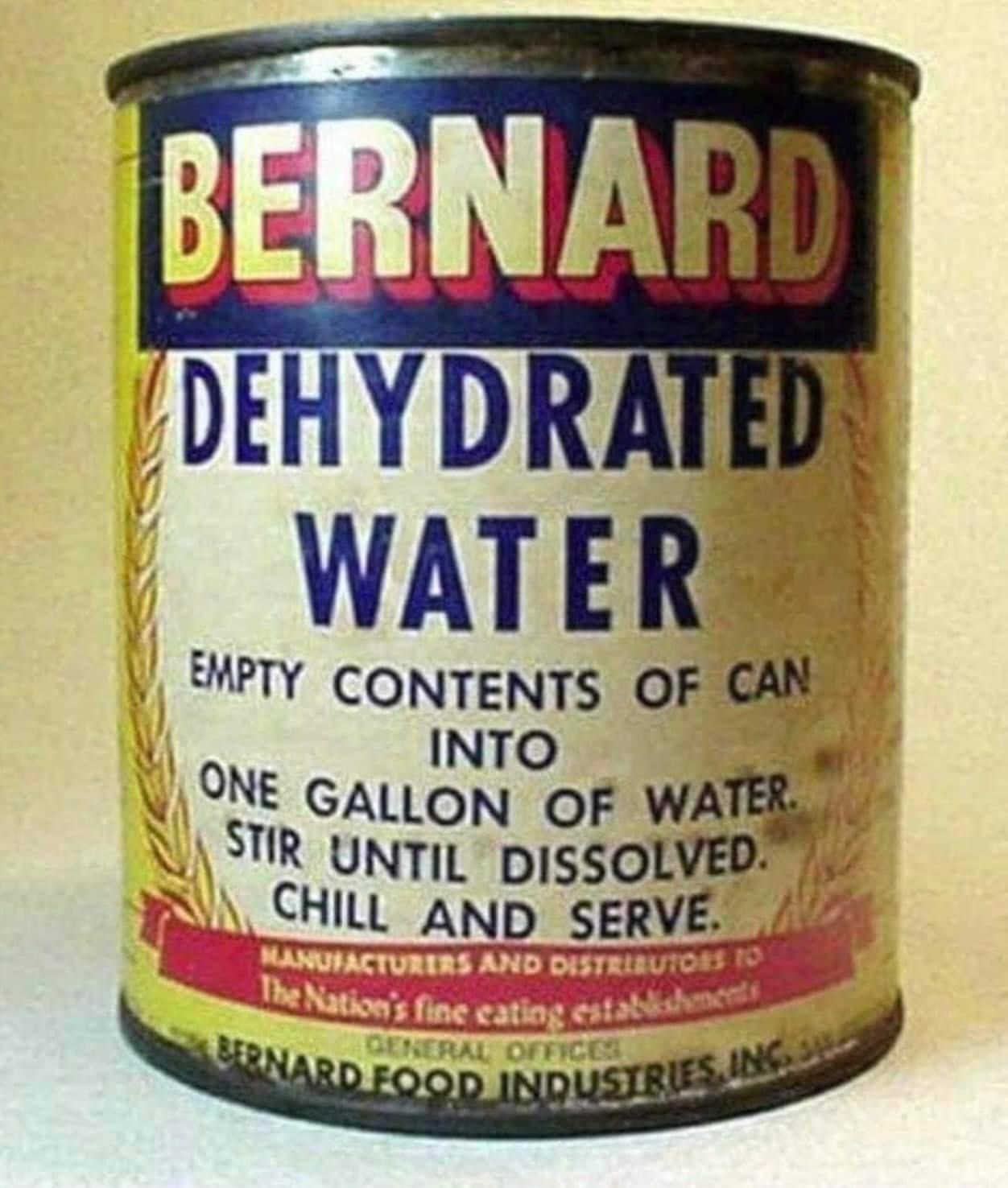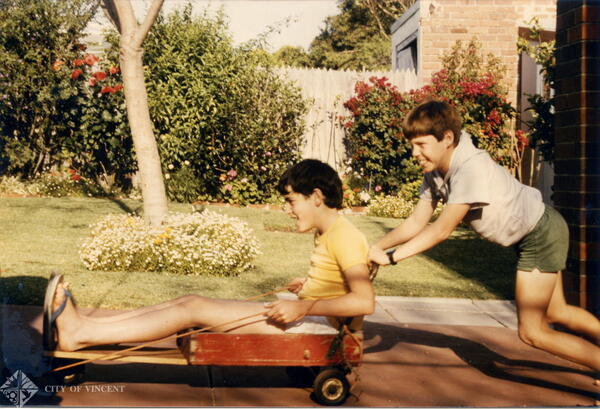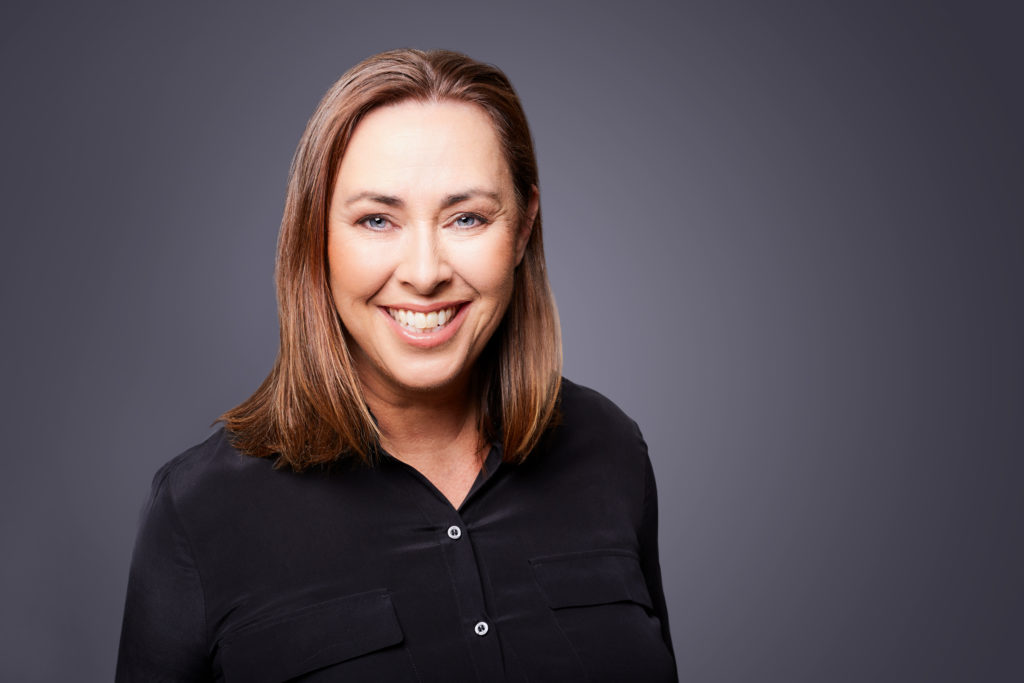It’s a super idea.

Or is it? Dipping in to our super is so tempting but don’t let a politician fool you in to thinking it is the answer.
Please, please, please … don’t use your super for a house deposit
ScoMo in a last ditch hail mary to keep his job is going to let us take a big chunk of our super to buy a house. Great, why wouldn’t I vote for that, deposits are hard and house prices are out of control. The cost of living is horrible, finding extra money to save each week means having no life and that 20% deposit seems so unachievable that it may as well be a 100% deposit.
And then there’s that pile of money, just sitting there. Sitting there for the next 30 or 40 years. And you really really need that money for a house to live in which is really as good an investment isn’t it?
But is it?

It’s the great Australian dream – home ownership will set us up. And it can, if everything has gone to plan.
I’m not a financial advisor and I haven’t saved a whole lot for a rainy day. I haven’t had highly paid jobs along the way and my super is just average.
I’m not going to give you financial advice but I do want you to think ahead, just a bit.
The house investment
When you get to retirement and everything has gone to plan, you will have paid off your house and the market will have gone gangbusters and you can downsize and live off your savvy property investment from 40 years ago.
It’s the great Australian dream – home ownership will set us up. And it can, if everything has gone to plan.
If you bought in a good area, if you stay in the same suburb and don’t need to upsize (and pay stamp duty each time) if you don’t need to renovate too much, if you never lose your job, and if you aren’t one of the almost 40% of people who go through a separation.
If you are normal and have a normal life, there’s also a good chance you’ve chipped away at some of that equity along the way and when you need it, there isn’t quite as much as you thought there would be.
A spanner in the works.
Imagine this: you were 30 and in love. You and your partner had good jobs, but you had a covid hiccup and took some out of super in 2019, then again in 2020 because, well, you needed it and you could.
A couple of years later you took 40% out of each super account for a house deposit.

A 20% deposit seems so unachievable it may as well be 100% so why shouldn’t you get the money when you need it? Because one day you will need it more.
You got a mortgage which you diligently paid off for a few years. You got a bit ahead, then you had your kids and you needed a bigger car and a bigger house and you drew down on that overpay, then only one of you was working and you reduced your payments as much as you could. You drew down a bit when the house needed to be repainted. You plugged holes and you made do but there is never quite enough money.
Life got hard and you weren’t so in love anymore and at 45 you find yourself in my office.
There’s some equity but you can’t afford to take on the mortgage yourself. You have worked part time for the last 5 years, and not at all for the 5 before that, you super hasn’t gone up much, oh yeah, remember you drew down for Covid – where did that money go? – and then a drawdown for the house deposit?
That leaves your partner’s super which had similar draw downs but she/he kept working so there’s been 9% going in to that each year. When you split up you get to split that super but that just means there’s a lot less for both of you. And one of you gets to continue in her/his job which they’ve been in for more than 10 years earning more so adding to their super at a greater rate. The part timer on the other hand is going to struggle to make substantial contributions for a while, if ever. Even more so if the kids are still at school. Sadly, I see it in my clients all the time.
I really hope you don’t find yourself sitting in my office one day trying to work out a budget on half of what you live off now. If you think it’s hard saving for a deposit in your 20s when you don’t really have many responsibilities, wait until you are 45 with little kids and debt.
That’s scary.
What aren’t they telling us.
What they are downplaying – because they are politicians – is this money has to be payed back, with interest, when you sell your house.
So lets do some simple separation maths.
Median Perth house price is $622,000, so lets say a first home buyer is looking in the $400,000 to $500,000 range. 20% deposit @ $400,000 = $80,000. Neither of you have enough super for 40% to = $80,000 so you take 40% out of each of your supers to get as close as you can. lets say that equals $55,000. That is a very nice chunk of the $80,000 so no problems.

It’s a short term sugar hit of a policy. And if you believe the politicians it’s one that wont even cost you anything.
10 years later you are still in the family home and the kids are 9, 7 and 5. Things are a little rocky and you are looking at splitting up. Good news is the market has been good and you have chipped away at the mortgage so you now have $300,000 equity. So if you sell you are looking at having about $150,000 each for deposits on two new houses. Nice, and workable. But under ScoMo’s plan you need to pay back the $55,000 plus a chunk of the equity to your combined super. You pay Capital Gains Tax at your prevailing tax rate so that will probably be 32.5% of the capital gain so on top of the $55,000 you will also need to pay in $81,250. So that leaves you $81,875 each.
So 10 years later you work part time and have three kids to look after and you have a 20% deposit on a $400,000 house – if you can find one for that because the median house price will now be $822,000 or more.
Thanks ScoMo.
It’s a super asset.
When people come in to my office super is their biggest asset. Not their house, their super. And having a reasonable super balance gives them so many options they wouldn’t have without that asset. Options to keep family homes or sell them, options to stay in a suburb or have to move to a new one, options to be a stay at home parent or have to find full time work.
And for the parent who has taken time off to raise the kids – usually women but more and more often men – it’s your combined super that is your safety net. For the parent stepping back combined super may basically be the only super they have and if you have taken 40% of it for a house you are now forced to sell – boom market or bad market- that person will be the one taking the big hit.
The stay at home parent takes one for the team. They step back, take a hit, and earn less based on the idea that we are a team and you will take care of me. But if the teamwork is over and you are on your own that hit is life long. That parent – most often the woman who earns 70% of a man anyway – who stepped back to look after the kids will earn less for the rest of their working life. And with less super at the time of separation and less super going in for the rest of their working life that hit will carry on into retirement. So the one taking it for the team, takes it for life.
Super is your insurance
I know I know insurance is boring and so annoying. But super came about because we all thought insurance and saving and thinking about the future was boring. Very few people could do it themselves and rather than have a generation on the pension, bankrupting the country in their old age, the government decided to force us to save for the future.
Saving generally sucks but there’s a really good reason for it. I’ve done my buckets and done my secret bank accounts and put money aside over the years into places where I can’t see it. And then there’s that massive water bill, or the kids’ uniforms, or a laptop and the buckets get emptied.

Super is the ultimate bucket – the one you just can’t touch. It sits there and it goes up and then when you have finished working, there it is.
Super however is the ultimate bucket – the one you just can’t touch. It sits there and it goes up and then when you have finished working, there it is.
Unless you have tapped into it along the way.
As a family lawyer I see people when their relationships have gone sour. The gloss has gone and its time to split up the stuff. Every financial decision you have made along the way comes under the spotlight because when it comes to crunch time the big question – is there enough to go around? And for every new person I meet I cross my fingers and hope there is some super.
The wrap up.
I don’t write about politics, in fact I rarely pay much attention, but when I heard this policy announcement I felt I had to tell people not to do it.
It is a really tempting, really bad idea.
Most weeks I see people going through the stress of a separation with super funds sitting at a much lower balance than they should be – “Oh yeah I/he/she took that $20,000 out for Covid”, people tell me.
The Sydney Morning Herald reported in February that more than 3 million people took out a collective $37.8 billion through the Covid Early Release Super Program, with 4.55 million applications received. Of these, 2 million applications were from women with $15.9 billion released.
The people I see withdrew that money voluntarily and they used it for things they needed at the time – paying bills, an extra mortgage payment, a new car because the old one was dying … a new deck because they had to stay home … a new bathroom because, well because they needed a new bathroom. It was a scary time and none of us really knew what was going to happen.
And as ScoMo keeps telling us “it’s your money so why shouldn’t you have it when you need it.” But remember how none of us are any good at saving?
That’s because we like spending our money on stuff we want/need.
Don’t get me wrong, I’m the same as you, I love buying stuff, I’m a really bad saver.
Thank goodness for my super.
Please, please, please… don’t blow it now, they forced us to save for a reason, and letting us have it early is a really bad idea. So if I do see you in my office – and I hope I don’t – , one thing I’m really going to hope for you is that there’s some super left.
I need nothing here

Get a good nights sleep and let BrightSide look after you.
This is a spacer
 For help with your separation or parenting issues call BrightSide
For help with your separation or parenting issues call BrightSide
https://brightsidefamillylaw.com.au
https://www.instagram.com/susanhewitt_familylawyer/?hl=en
https://www.facebook.com/susanhewittfamilylawyer
 Susan Hewitt is the Principal at Bright Side Family Law, a non-litigious family law and mediation practice. Susan has worked as a lawyer and journalist for almost 30 years. She is an accredited collaborative lawyer and family-law mediator who is committed to helping families through their relationship breakdown in an honest, cooperative and respectful manner.
Susan Hewitt is the Principal at Bright Side Family Law, a non-litigious family law and mediation practice. Susan has worked as a lawyer and journalist for almost 30 years. She is an accredited collaborative lawyer and family-law mediator who is committed to helping families through their relationship breakdown in an honest, cooperative and respectful manner.
If you are facing a family law matter give us a call (6382 0123) or email us https://brightsidefamilylaw.com.au/contact-us/

Social